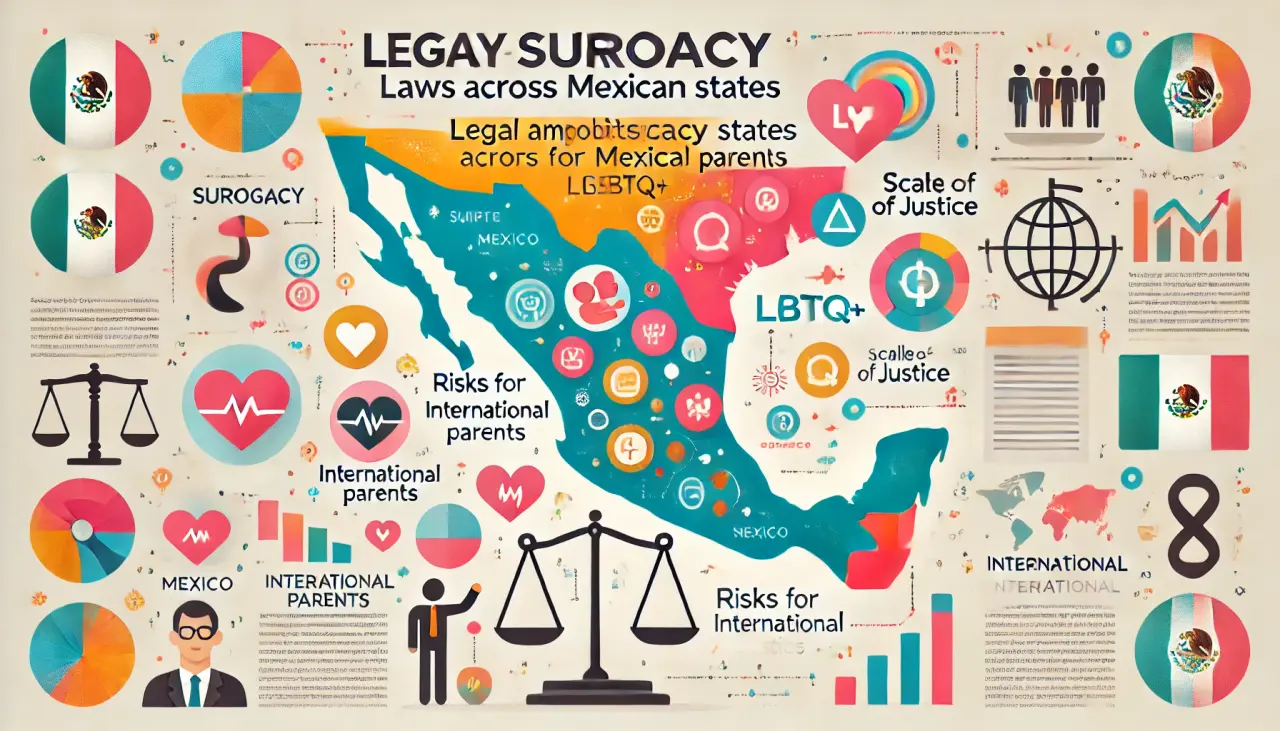
Surrogacy in Mexico: Legal Risks, Parental Rights, and Challenges for Intended Parents
Surrogacy in Mexico has emerged as an option for many international and LGBTQ+ intended parents. However, the lack of clear Mexican surrogacy laws creates significant legal, ethical, and logistical challenges. Before pursuing this route, it’s essential to understand the potential risks and complications, including whether a surrogate mother can claim parental rights in Mexico.
Understanding Mexican Surrogacy Laws
Unlike other countries with established surrogacy regulations, Mexico lacks a legal framework to govern surrogacy agreements. This ambiguity often leaves foreign and LGBTQ+ parents vulnerable. Although surrogacy agencies may promote Mexico as a legal destination, their claims frequently overlook the complexities of Mexican surrogacy laws.
Can a Surrogate Mother Claim Parental Rights in Mexico?
Yes, under Mexican law, a surrogate mother retains parental rights regardless of any contracts or agreements. This means that even after birth, the surrogate can be recognized as the child’s legal parent. This reality poses a significant challenge for intended parents who must navigate Mexico’s court system to establish legal guardianship.

Parental Rights vs. Citizenship
While obtaining citizenship for a child born via surrogacy in Mexico is often straightforward, acquiring parental rights is far more complex. Mexican law treats citizenship and guardianship as separate issues. As a result, intended parents, especially LGBTQ+ couples, may face lengthy legal battles to be recognized as their child’s legal parents.
Delays and Legal Complications
The process of securing parental rights in Mexico can take weeks or even months. This delay occurs because Mexican courts must assess the legality of surrogacy arrangements and rule on custody disputes, particularly when the surrogate is legally recognized as the child’s mother.
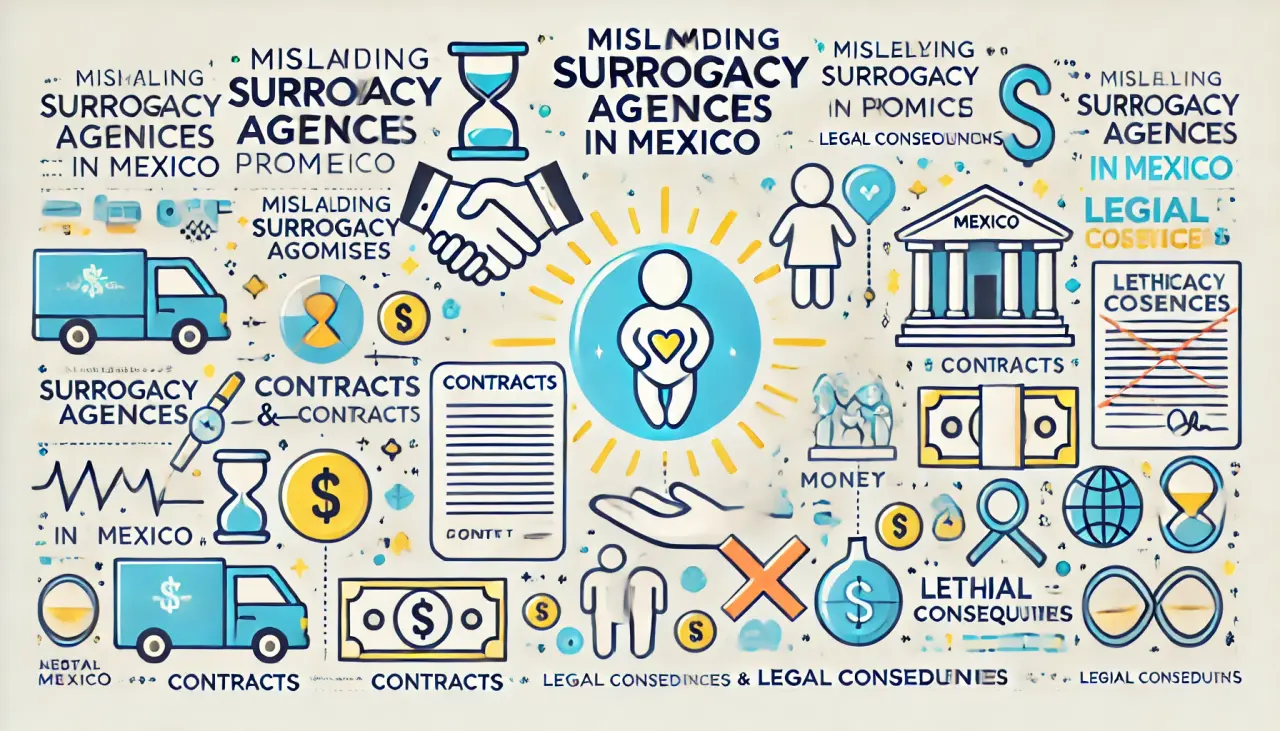
Risks of Surrogacy in Mexico for LGBTQ+ Parents
LGBTQ+ parents face additional barriers due to the absence of inclusive Mexican surrogacy laws. In some cases, courts may interpret the law in ways that further complicate custody arrangements. Without legal recognition of their parental status, LGBTQ+ intended parents may encounter prolonged legal disputes and emotional stress.
Misleading Promises by Surrogacy Agencies
Some surrogacy agencies in Mexico offer packages that promise expedited processes or omit the surrogate mother’s name on the birth certificate. These services often operate outside Mexican law, creating additional risks for intended parents. It’s vital to approach these promises with caution and seek professional legal advice.
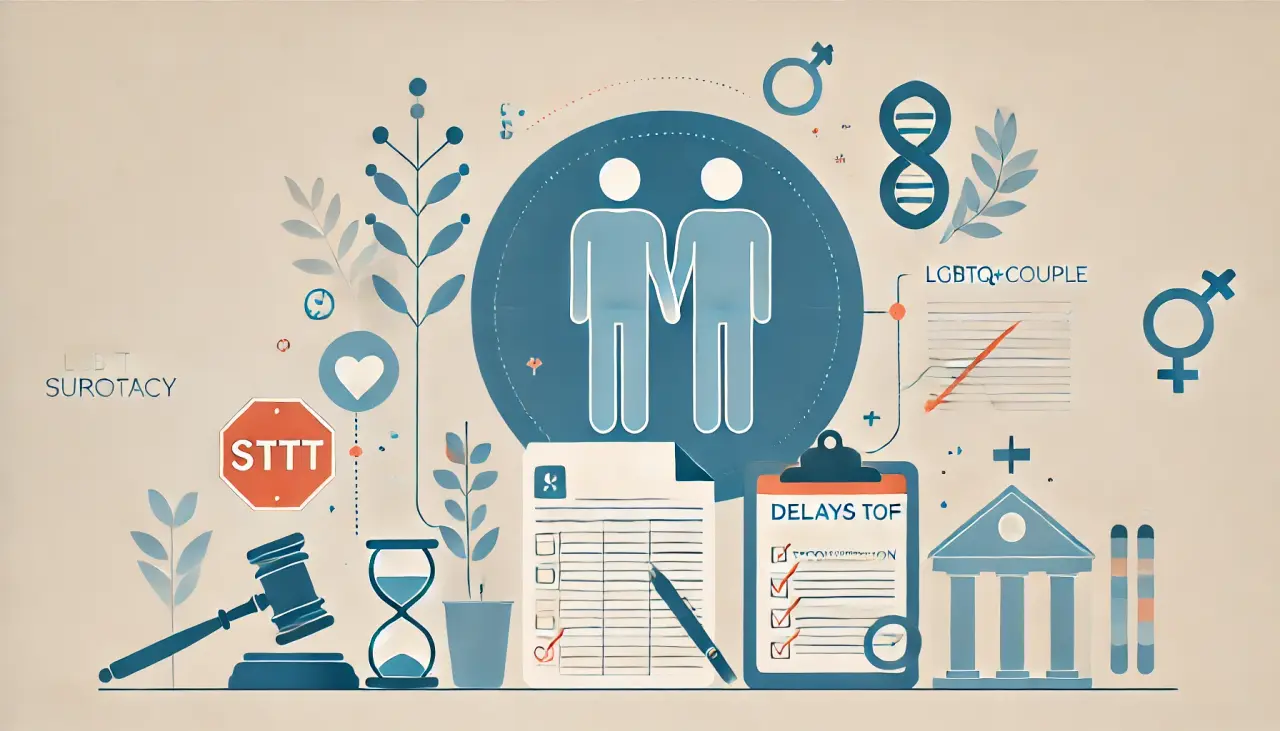
Legal Risks and Criminal Implications
Attempting to bypass local laws can result in severe legal consequences. In recent years, Mexican authorities have prosecuted individuals involved in illegal surrogacy practices. To avoid criminal charges, intended parents should fully comply with Mexican surrogacy laws and regulations.
Navigating Surrogacy in Mexico Safely
Despite the challenges, surrogacy in Mexico can be pursued responsibly. Consulting with experienced legal professionals familiar with Mexican surrogacy laws is crucial. These experts can guide you through the legal landscape, ensuring compliance and protecting your parental rights.
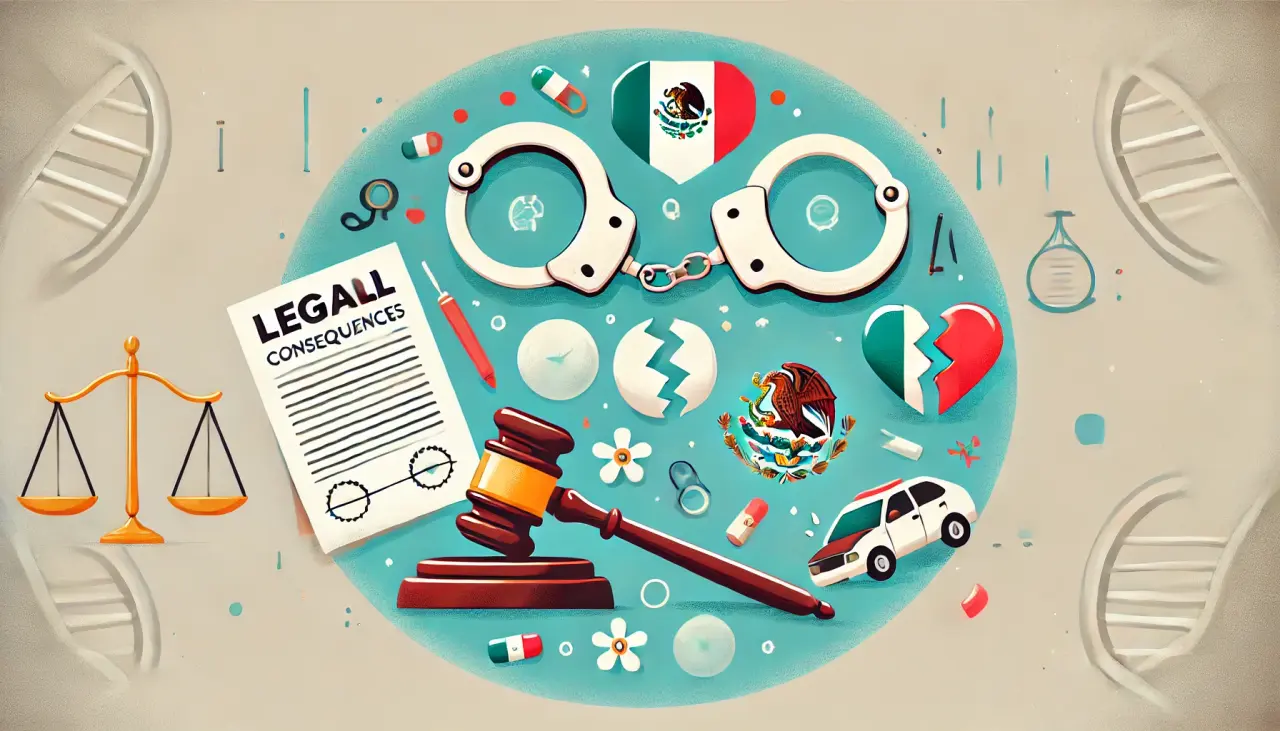
Exploring Alternatives
For some, considering countries with established surrogacy frameworks may be a safer option. Nations like Canada and certain U.S. states offer more transparent and legally secure surrogacy processes, particularly for LGBTQ+ parents.
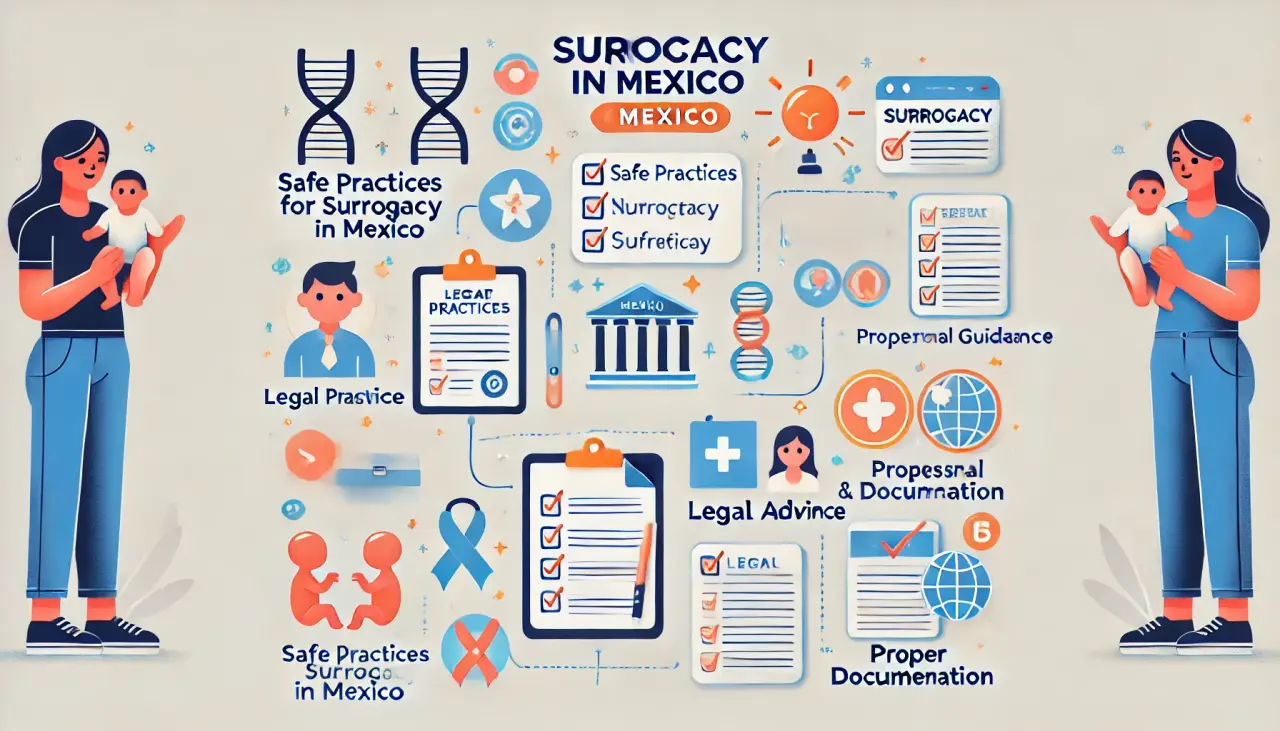
Conclusion
Surrogacy in Mexico presents significant legal risks and uncertainties, particularly for LGBTQ+ and international parents. The lack of clear Mexican surrogacy laws, combined with the potential for surrogate mothers to claim parental rights, underscores the importance of thorough preparation. By seeking expert legal guidance and understanding the challenges, intended parents can make informed decisions about surrogacy in Mexico.